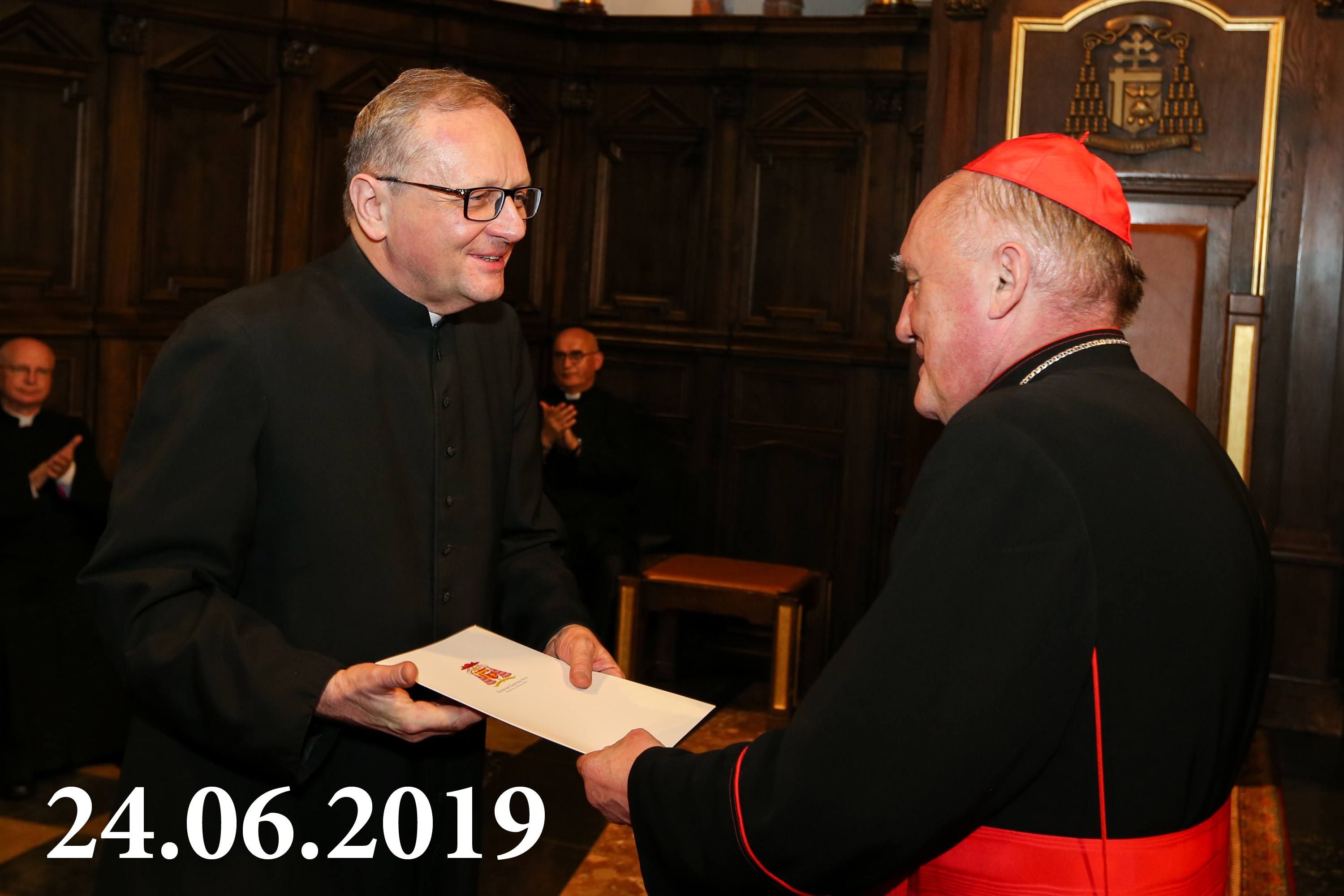- Details
- Hits: 10367
Warsaw Theological Studies, XXII/1/2009,
Fr. Bolesław Szewc
The Cognition in biblical Religions by I. G. Barbour
Content : 1. Data of religion; 2. Language of religion; 3. Assessment of beliefs in religion; 4. Criticism; Conclusion.
Keywords: Barbour Ian Graeme, religion, cognition, interpretation, experience, language, analogy, metaphor, symbol, parable, myth, model, paradigm, revelation
Ian Graeme Barbour (1923) is an American scholar on the relationship between science and religion. A physicist and a theologian by education, Barbour taught for many years at Carleton College in Northfield, Minnesota. He has held emeritus honors there since 1986 in the fields of science, technology and society. In his most famous book Issues in Science and Religion (1966) he presented the epistemological, linguistic and methodological fundamentals of linking science and religion. In his views he joins other scholars like F. Ferré[1], who claim that the language of religion also serves the cognitive functions. In the following paper I focus on what his achievements contribute to the understanding of the cognitive aspect of religion.
1. Data of religion
According to I. G. Barbour, the data or what gets to be known in religion are, generally speaking, experiences and events interpreted with the help of previously set categories of interpretation. In this chapter we discuss in short the nature of religious experience: its connection with interpretation, experience and community, while in the last subchapter we present the list of religious experience types as proposed by I. G. Barbour.




